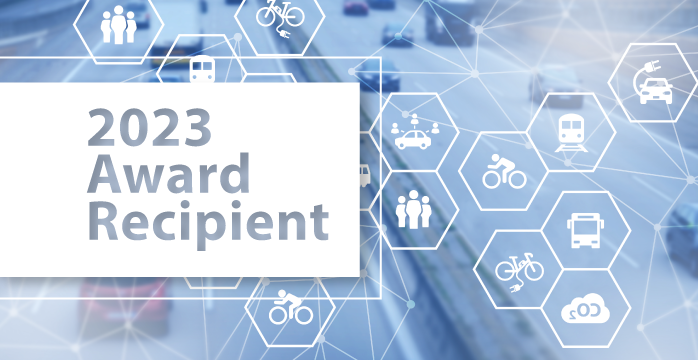Demand for sensors to grow due to higher electronic content in vehicles entering the aftermarket, finds Frost & Sullivan’s Mobility team
SANTA CLARA, Calif. – Dec. 8, 2016 – Continuous advancements in sensor-based data analysis and monitoring have ensured a constant increase in the number of sensors in automobiles. The manifold absolute pressure (MAP) sensor segment should gain the most from this trend, with expected growth at a compound annual growth rate (CAGR) of 3.4 percent from 2016 to 2022.
Frost & Sullivan’s recent analysis, 2016 North American Category Management Report – Automotive Sensors, finds the increasing average vehicle age will significantly increase the total manufacturer-level revenue from an estimated $150.3 million in 2016 to $200.3 million by 2022.
Click here for complimentary access to more information on this analysis and to register for a Growth Strategy Dialogue, a free interactive briefing with Frost & Sullivan’s thought leaders.
“One of the reasons for the greater demand for newer vehicles and thereby, sensors, is the number of vehicles in operation (VIO),” said Frost & Sullivan Mobility Research Analyst Benson Augustine. “The VIO in the United States and Canada is expected to grow at a CAGR of 1.4 percent, which also translates to a larger installed base of vehicles that will need to have one or more sensors replaced in the future.”
While MAP and mass airflow (MAF) sensors are in high demand, position sensors are finding it difficult to gain traction due to their lower replacement rates, high prices and robustness. This is compelling sensor manufacturers to focus on more dynamic segments such as coolant temperature sensors, which account for the highest share of units at 59 percent. Pressure sensors, despite their lower revenue shipment, are topping the revenue leaderboard with 64 percent due to the difference in pricing.
“Investors are likely to be drawn to the internal semiconductors and chip design segment as sensors will become smaller and more efficient, prompting changes in vehicle dimension and output,” noted Augustine. “However, entrants will find it difficult to dislodge the market majors due to the latter’s successful implementation of diversification strategies.”
Overall, components that facilitate process automation, such as timing cycles and fuel mix, will grow quickly, while replacement rates will remain low.
2016 North American Category Management Report—Automotive Sensors is part of Frost & Sullivan’s Automotive & TransportationGrowth Partnership Subscription. Other topics covered under the subscription include 48v power-net, biometrics, new mobility business models, cockpit and cabin strategies, connected cars, as well as connected truck dashboard and e-Hailing.
About Frost & Sullivan
Frost & Sullivan, the Growth Partnership Company, works in collaboration with clients to leverage visionary innovation that addresses the global challenges and related growth opportunities that will make or break today’s market participants. For more than 50 years, we have been developing growth strategies for the global 1000, emerging businesses, the public sector and the investment community. Contact us: Start the discussion
2016 North American Category Management Report—Automotive Sensors
K072-18
Contact:
Clarissa Castaneda
Corporate Communications – North America
P: 210.477.8481
F: 210.348.1003
E: [email protected]




